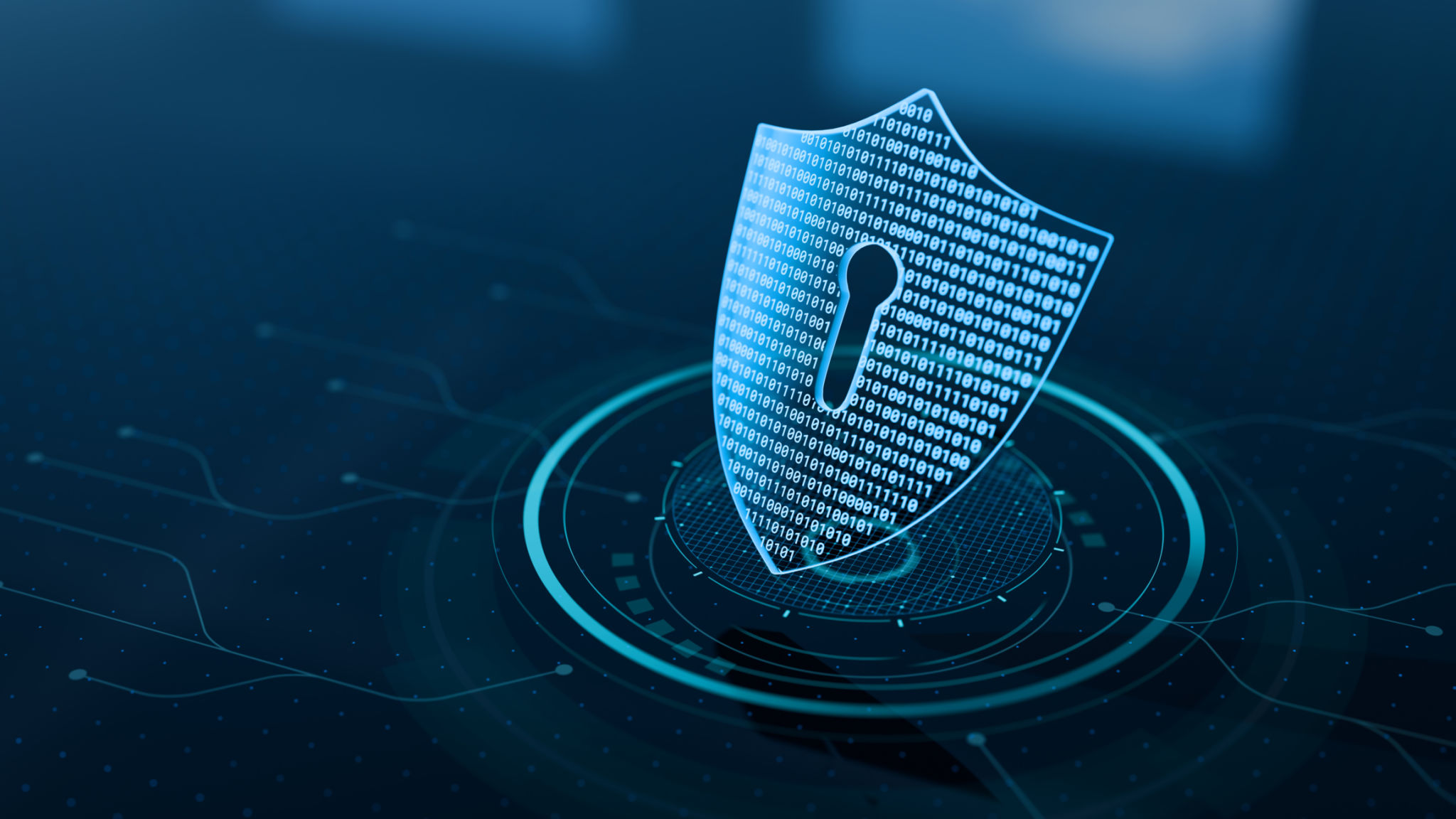Cybersecurity for Small Businesses: Protecting Your Data in a Digital World
Understanding the Importance of Cybersecurity
In today's digital era, small businesses are increasingly reliant on technology for their daily operations. While this has streamlined processes and enhanced productivity, it has also opened up new vulnerabilities. Cybersecurity is no longer a concern only for large corporations; small businesses are equally at risk. It is crucial for small business owners to take proactive steps to protect their data from cyber threats.

Common Cyber Threats
Small businesses face a variety of cyber threats, ranging from malware and phishing attacks to ransomware and data breaches. Understanding these threats is the first step in protecting against them. Malware, for instance, can infiltrate your systems through malicious downloads or email attachments, compromising sensitive data. Similarly, phishing attacks attempt to acquire sensitive information by masquerading as trustworthy entities in electronic communications.
Why Small Businesses Are Targeted
Cybercriminals often target small businesses because they tend to have fewer resources dedicated to cybersecurity. Many small businesses mistakenly believe they are too small to be noticed by hackers. However, this lack of preparedness makes them attractive targets. Implementing robust security measures can help deter these attacks.

Implementing Strong Passwords and Authentication
One of the simplest yet most effective ways to enhance cybersecurity is by using strong passwords and multi-factor authentication (MFA). Passwords should be complex, unique, and changed regularly. MFA adds an extra layer of security by requiring additional verification beyond just a password.
- Use a combination of letters, numbers, and symbols in passwords.
- Avoid using easily guessable information like birthdays or common words.
- Enable MFA for all accounts that offer it.
Regular Software Updates and Patching
Ensuring that all software and systems are up-to-date is another crucial aspect of cybersecurity. Software developers frequently release updates to patch vulnerabilities that could be exploited by cybercriminals. Regularly updating your systems can prevent potential breaches and keep your business secure.

Employee Training and Awareness
Employees are often the first line of defense against cyber threats. It is essential to train your staff on recognizing and responding to potential cyber threats. Conduct regular training sessions and provide resources to keep employees informed about the latest cybersecurity practices.
- Teach employees how to identify phishing attempts.
- Encourage reporting of suspicious emails and activities immediately.
- Set clear guidelines for handling sensitive information.
Backing Up Data Regularly
Data backup is a critical component of any cybersecurity strategy. Regularly backing up your data ensures that you can recover important information in the event of a cyberattack or system failure. Consider using cloud-based services or external hard drives for secure data storage.
Creating a Cybersecurity Policy
A comprehensive cybersecurity policy outlines the protocols and procedures for protecting sensitive data. This policy should include guidelines on password management, data encryption, and incident response strategies. Having a clear plan in place can help minimize damage and ensure a swift recovery in the event of a cyber incident.

In conclusion, cybersecurity is an essential aspect of running a small business in today's digital world. By understanding potential threats and implementing robust security measures, small businesses can protect their data and maintain the trust of their customers. Investing in cybersecurity not only safeguards your business but also contributes to its long-term success.